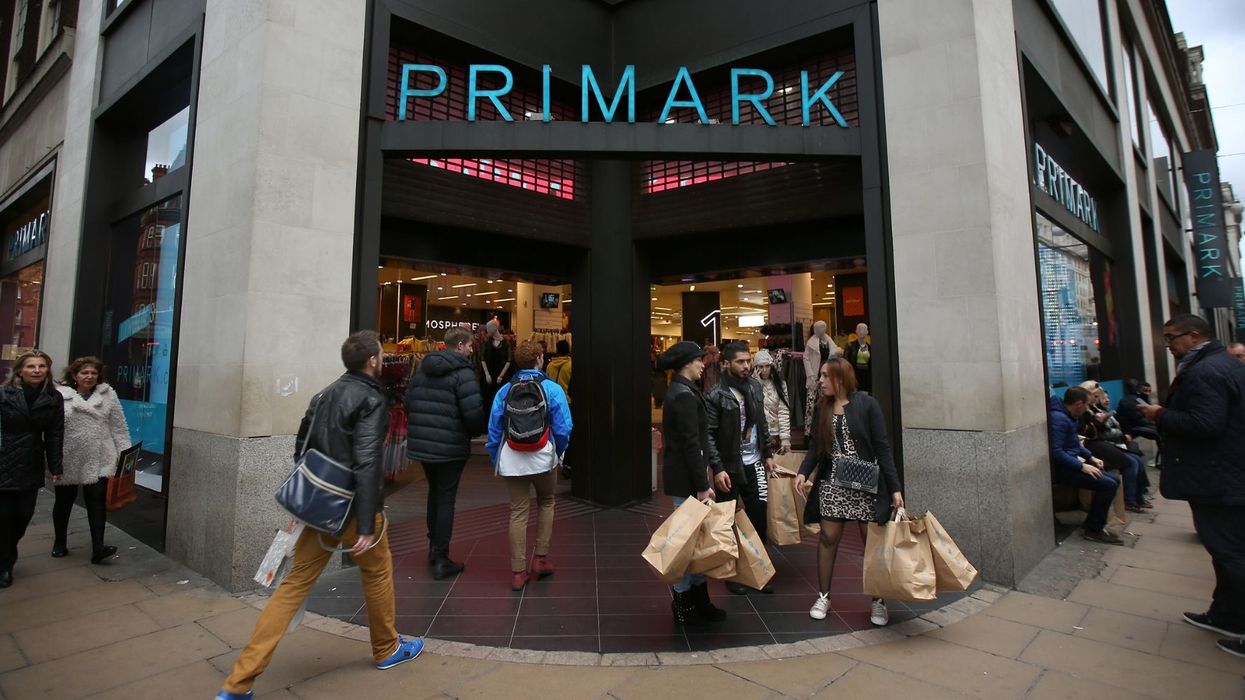
Primark's post-lockdown sales boost has sparked a debate about class and consumerism.
The retail giant's owners, Associated British Foods, say that their sales are better now than they were a year ago. A company spokesperson described the news as "reassuring and encouraging" as it suggests that British shoppers are willing to return to the high street post-lockdown.
But not everyone is quite so thrilled by this news. Some people raised concerns about the company's impact on the planet and alleged treatment of its low-paid workers.
Primark say that they are committed to promoting "environmentally sustainable practices and continuously [improving] our environmental management where possible". But they have received a "middle rating" from self-appointed watchdog Ethical Consumer and a "not good enough" rating from similar organisation Good On You.
As well as criticising their environmental record, Good On You allege that there is "no evidence" Primark ensures the "payment of a living wage in its supply chain" and that they introduced "inadequate safeguards" to protect workers and suppliers during the coronavirus pandemic.
Primark cancelled hundreds of millions of pounds of orders earlier this year, before backtracking and pledging to pay their suppliers in full after a backlash. Primark were contacted with a request for comment.
But some people responded to these criticisms by arguing "we need to stop shaming people" who shop at Primark "through financial difficulty".
While Primark consumers help to make the chain profitable, they're not directly responsible for its environmental and workers' rights policies.
After all, Primark is far from being the only high street retailer to have faced this kind of criticism.
They just usually spark the most backlash, possibly for 'classist' reasons.
The cost of Primark's clothing doesn't necessarily make shopping there any less ethical than shopping at similar but more expensive clothing shops.
And now is certainly a time of particular financial insecurity for lots of people.
The debate was initially fired up by criticisms of the queues of people who waited outside Primark when shops first re-opened post-lockdown.
Photos of the long queues sparked anger and ridicule.
But again, some people pointed out that it's a "privilege" to be able to shop for more expensive items.
It's not the responsibility of people suffering from financial hardship to ensure enormous businesses are engaging in ethical practices.
Selling inexpensive products isn't an excuse for companies to forgo ethical and sustainable business practices.
But ultimately, it isn't the shoppers themselves who we should primarily be holding to account for this.
Because all too often, class prejudice festers at the root of our concerns and where they're directed.













